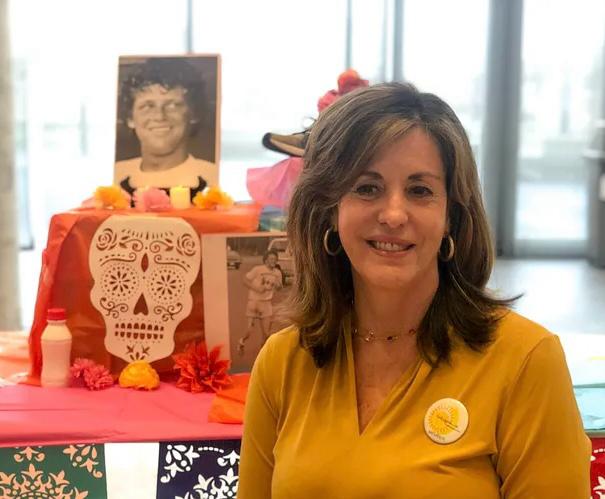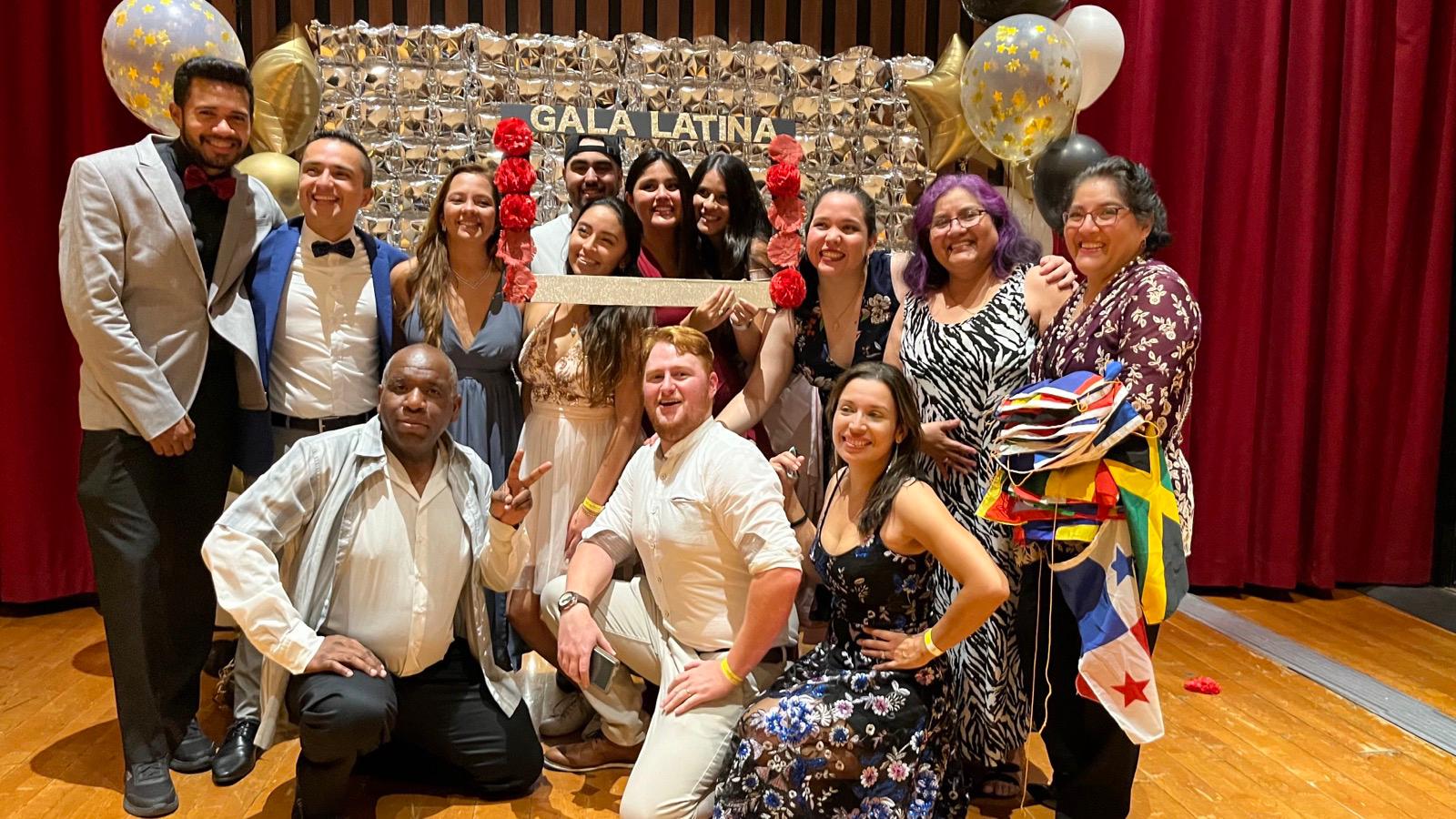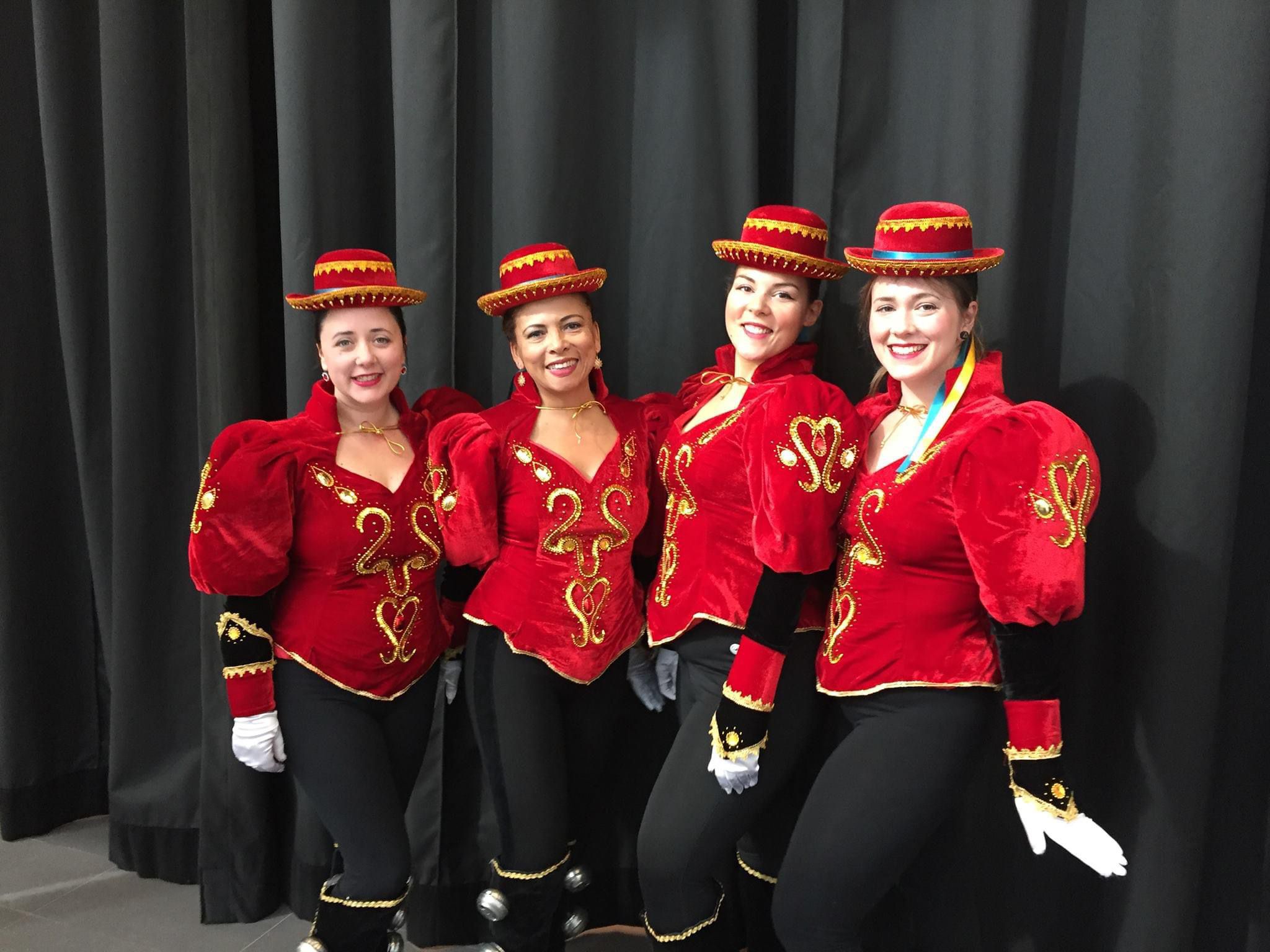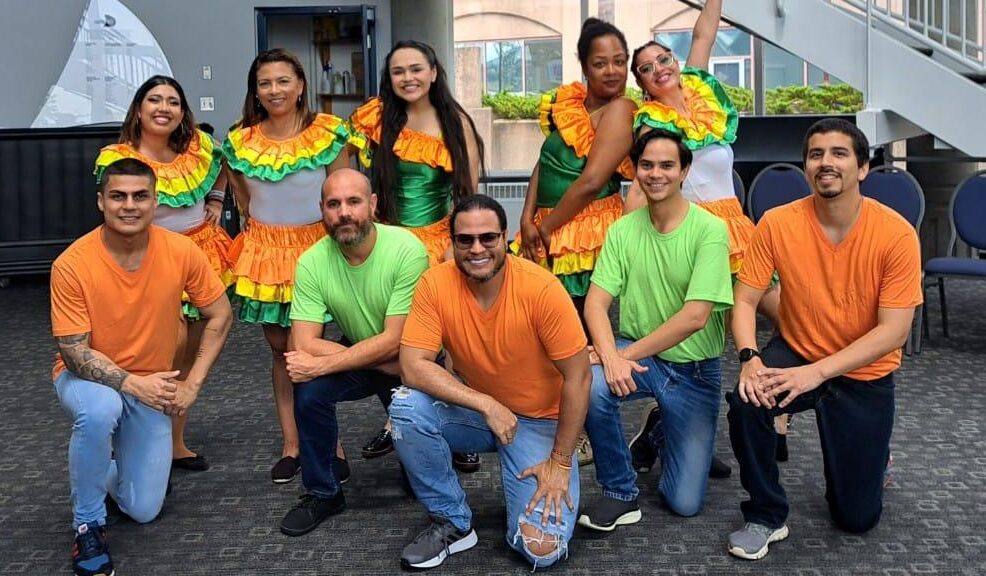Canada’s Hispanic-Latin American population has been surging, however, most of these newcomers have historically concentrated in just a few hubs, particularly urban areas such as Toronto and Montréal.
Recently adjusted data from Statistics Canada shows that there are now more than 1.1 million people in Canada who identify as Latin American, nearly twice the number reported in the 2021 Census.
That’s rapidly changing, with places such as Halifax, Nova Scotia, attracting more and more members of the Latin American community, especially driven by initiatives such as the AIP (Atlantic Immigration Program) and the PNP (Provincial Nominee Program), among other factors.
It is a phenomenon that Magali Dam-Mazzi, who first moved to Toronto in 1989 and is now a University Teaching Fellow at the Department of Spanish and Latin American Studies at Dalhousie University in Halifax, has witnessed first-hand.
“The Latin community in large cities like Toronto is immense. There are many groups to which one can belong,” Dam-Mazzi says. “From 2016 onwards, Halifax has been changing due to different immigration programs that were established and changed. As a result, the Latin community has grown substantially in Nova Scotia.”
Her thoughts are echoed by Ruth Pérez Calderón, a chemist by training who now works as a technical officer and quality coordinator for the National Research Council of Canada (NRC).
“Especially in the last three years, a lot of students and families moved to Halifax,” said Pérez Calderón, who landed in Halifax from Peru in 2006, when the Latin American community in the city was still fairly small.
A serendipitous encounter

(Contributed photo)
Back in 2012, Pérez Calderón and Dam-Mazzi were instrumental in bringing the Latispánica Cultural Association to life. Based in Halifax, it is a volunteer-run, not-for-profit organization that brings together the Hispanic community in Nova Scotia through dance festivals, cultural events, and more.
It all started when Pérez Calderón, who is Latispánica’s head choreographer, decided to pursue her passion for Latin dancing. “I knew of small groups that sometimes got together and practiced traditional dances, and that was the way I met other people who liked dancing, especially our Latin folklore.”
At one of those gatherings, she asked some of her acquaintances if they knew of more people who hailed from Latin America, and one of them gave her a number. She decided to call.
On the other end of the line was Dam-Mazzi, who, like Pérez Calderón, is also from Peru. The two agreed to meet for breakfast, but little did they know that the impact of their conversation would still reverberate now, over a decade later.
Creating community
A crucial facet of Latispánica’s work has been fostering a sense of belonging — becoming a touchpoint for newcomers who, upon landing, look for people who already went through the sometimes challenging process of adapting to a new country.
“Groups like Latispánica are immensely helpful because they are the first thing an immigrant looks for — people like themselves who can share, laugh, eat their own food, feel proud of their roots, speak their language, value their traditions, and celebrate their culture,” Dam-Mazzi said.
Denisse Molina, who landed in Canada from Ecuador and spent her first few years as an undergraduate student at St. Francis Xavier University in Antigonish, NS, can attest to this.
“I moved to Halifax in 2020, and was amazed by the larger Latin community in the city,” says Molina, who initially joined Latispánica as a volunteer and now acts as its president.
The new generation

Molina was attracted to Latispánica due to its philanthropy. The organization has successfully raised funds to help people in need both in Latin America and Halifax through several events, including an annual gala and dance festivals that celebrate popular Latin American rhythms such as Zumba and regional cumbias like Colombia’s La pollera colorá.
Their latest donation, which came from a silent auction where Latin American handicrafts were sold, went to Pukavy, a site in Paraguay under the custody of Chalice, an international charity.
“I saw that one of their goals was to help children in Latin America, which aligned with my personal goals,” said Molina, who, since assuming leadership, has spearheaded a new generation of volunteers that helped the organization transition through a complicated period, in which fresh faces were lacking.
Building bridges
Since its first event, which took place at Dalhousie University on July 28th, 2011, in commemoration of Peru’s independence, Latispánica’s lineup of offerings has been vast, including cooking classes, poetry workshops, and a series of webinars — in conjunction with RBC — to provide financial insights for newcomers regarding important matters such as taxes.
Even during 2020, when isolation predominated, the organization was active. Dam-Mazzi, together with Andrés Arteaga, an associate professor at Saint Mary’s University, coordinated a project that resulted in a book, Voces de la Pandemia, which means Voices of the Pandemic in English.
“It was a critical moment when people lived very isolated, and this project sought to connect with any Hispanic who wanted to raise their voice and tell their story,” says Dam-Mazzi, who has led the collaboration between Latispánica and academia. Besides Voces de la Pandemia, this partnership has resulted in very popular events such as a celebration for the Day of the Dead — Día de los Muertos, an important Mexican holiday — which was held at Dalhousie and attracted more than 300 people.
This willingness to innovate is also evident as Pérez Calderón shares some of the upcoming plans for Latispánica, including a soccer tournament, which will take place on March 24th at Citadel High School. With soccer being the sport of choice for most Latin Americans, and on the rise in Canada, it is something that will likely keep bringing people together, and is aptly named Mundialito, resembling a little World Cup.

More events in the pipeline also signify, for immigrants, additional opportunities to have a first point of contact with the community at large, and for the organization, a boost to its mission.
“Now, with Latispánica, new Latin people coming to Halifax know they can find a community that can help and feel like they are not far from their culture and home. We always try to make them feel as comfortable as possible, and are accessible through our website and social media. Many people reach out and ask questions even before moving to Halifax,” Pérez Calderón said.
Molina also highlights how this helps them keep showcasing Canadians and other international communities in Halifax what Latin America is about, and how this can eliminate any stereotypes about the region. “Hey everyone, we are a growing community and this is who we are, how we see life, and how we celebrate our roots,” she says.

Javier Ortega-Araiza
Javier Ortega-Araiza a de multiples expériences mondiales en tant qu'écrivain et entrepreneur social, ayant voyagé dans plus de 30 pays. Aujourd'hui installé à Toronto, il est un auteur publié en anglais et en espagnol.




